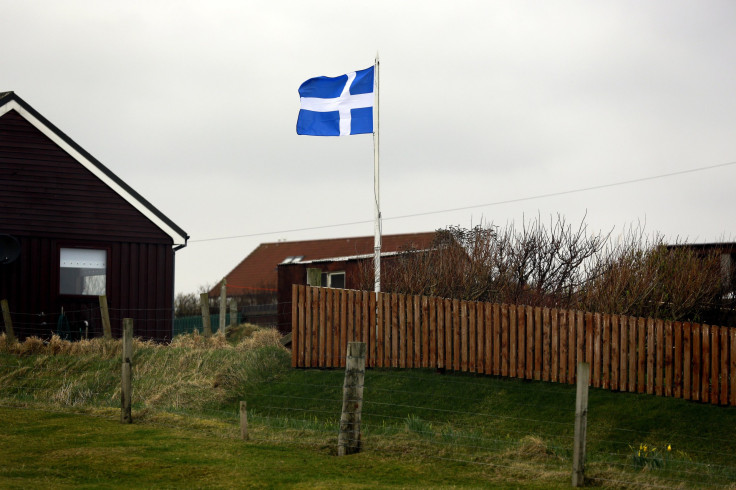Oil Investment May Favor England Over Scotland, Harming Scottish Ambitions For Independence

If data released Monday by the British Geological Survey (BGS) is correct, oil and gas investment that would be critical to an independent Scotland would find northern England more attractive.
Scotland will hold a referendum Sept. 18 over whether to split from the U.K. to become an independent nation, and oil and gas revenues have been a key argument for independence.
“What is potentially worrying is that… if the shale resources in England are as attractive as they appear to be, then all of the money available for potential investment in oil and gas is expected to be attracted to northern England rather than Scotland,” Hughes said. “If that is really true, that will mean there will be less investment in Scotland.”
The report was “widely regarded as being disappointing,” Gordon Hughes, environmental and natural resources economics professor at the University of Edinburgh, said.
Most of the U.K.’s 3 billion barrels of proven oil reserves are offshore of Scotland in the North Sea, but Scotland’s gas resources represent only 6 percent of Britain’s potential reserves, found mainly in northern England, according to BGS.
Scotland’s oil and gas revenues account for 10 to 15 percent of total tax revenue, according to Scottish government data, behind nearly 20 percent from income tax, about 17 percent from consumption tax and 15 percent from insurance contributions.
Finding new oil and gas in Scotland would be important to support an independent economy because Scotland’s North Sea oil fields are not expected to maintain production for more than another 10 to 15 years. Last year, average oil output from the North Sea sank to its lowest level since 1977, according to the Organization of Petroleum Exporting Countries (OPEC).
BGS recommends drilling and testing of new wells to determine closer estimates of Scotland’s onshore oil and gas reserves.
According to a BBC poll, Scots favor remaining a part of the U.K. by 53 percent to 36 percent as of June 18.
University of Edinburgh Energy and Environmental Politics Professor Elizabeth Bomberg believes both sides of the debate will try to use the latest BGS data to their advantage, but “it won’t tip the voters one way or the other.”
“We have a homegrown source of oil within the U.K. or within Scotland, so it links into the narrative of those who want to make a stronger case that Scotland can go it alone,” she said. “But many would like to see Scotland as a flagship independent country in the fight against climate change. There are still unresolved issues over the shale resources… and further lock-in to fossil fuel dependency.”
© Copyright IBTimes 2024. All rights reserved.






















